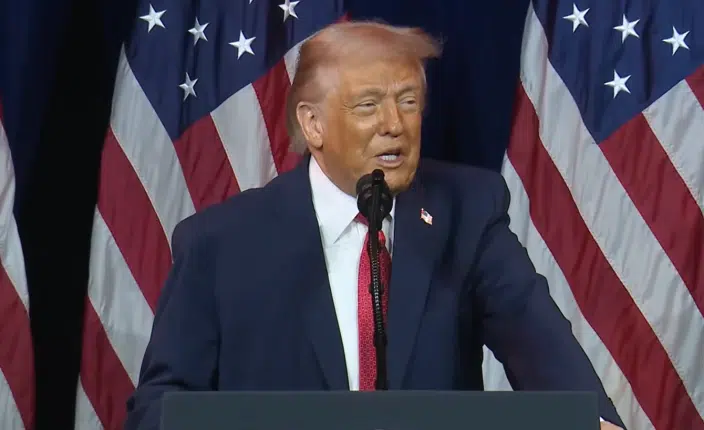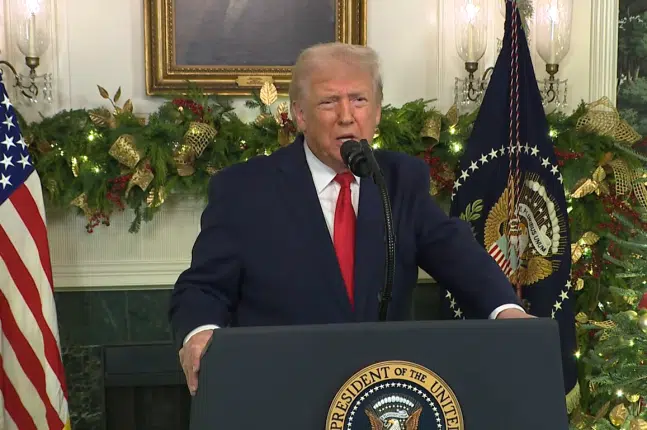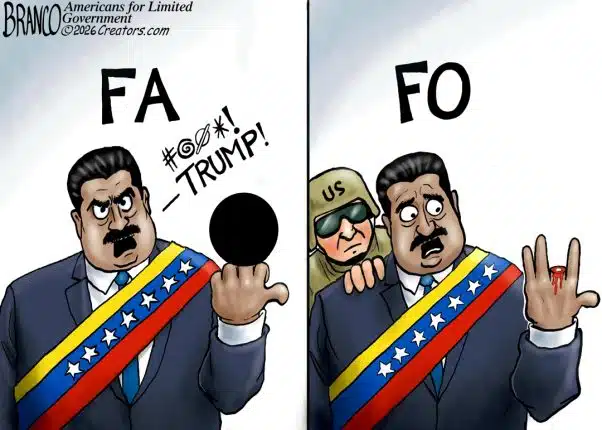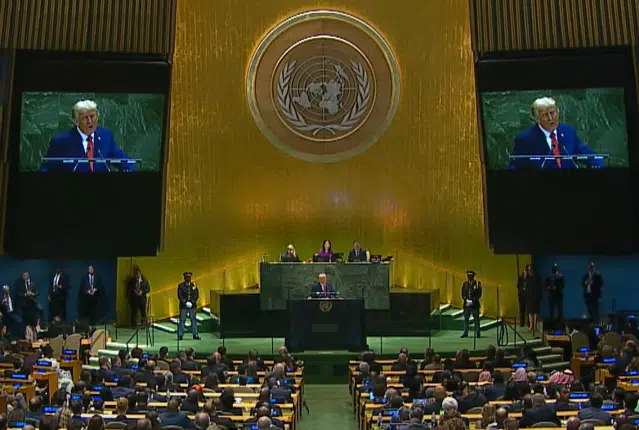Richard Nixon had 18 missing minutes of audio. Barack Obama has 18 missing emails to Hillary Clinton on her server.
Now it turns out Hillary Clinton in 1974 argued that executive privilege could not shield a president from a Congressional subpoena. “Hillary Rodham drafted a rather authoritative legal memorandum shredding the notion that President Nixon could rightfully invoke the doctrine of executive privilege to shield himself from the subpoenas of the Watergate special prosecutors,” Donald Russo wrote in the Morning Call in 1998, recounting Hillary Clinton’s work on the Watergate scandal for the House Judiciary Committee and Special Prosecutor John Doar, arguing that executive privilege could not be used to block Congressional subpoenas.
So perhaps it came as a surprise to Clinton when on March 4, 2015, the exact day she was served with a Congressional subpoena for her private email server — which illegally contained classified information — John Podesta was wondering in an email to Clinton lawyer Cheryl Mills if the emails between Clinton and President Barack Obama would be shielded by the doctrine of executive privilege.
“Think we should hold emails to and from potus? That’s the heart of his exec privilege. We could get them to ask for that. They may not care, but I(t) seems like they will,” wrote Podesta.
The Clinton-Obama emails were later held from disclosure by the State Department in a Freedom of Information Act request, under the guise of executive privilege. At a Jan. 29 State Department briefing, spokesman John Kirby told reporters, “I can confirm that 18 emails comprised of eight distinct email chains between former Secretary Clinton and President Obama are being withheld in full from the State Department’s FOIA production today of…former Secretary Clinton’s emails… As the White House has previously stated, Secretary Clinton and the President did on occasion exchange emails. As they have also said previously, such presidential records shall remain confidential to protect the President’s ability to receive unvarnished advice and counsel…”
So, here we go again.
In the U.S. v. Nixon in 1974, the Supreme Court unanimously ended up agreeing with Clinton that executive privilege could not shield a President from a Congressional subpoena: “To read the Art. II powers of the President as providing an absolute privilege as against a subpoena essential to enforcement of criminal statutes on no more than a generalized claim of the public interest in confidentiality of nonmilitary and nondiplomatic discussions would upset the constitutional balance of “a workable government” and gravely impair the role of the courts under Art. III.”
The court added, “the allowance of the privilege to withhold evidence that is demonstrably relevant in a criminal trial would cut deeply into the guarantee of due process of law and gravely impair the basic function of the courts… We conclude that when the ground for asserting privilege as to subpoenaed materials sought for use in a criminal trial is based only on the generalized interest in confidentiality, it cannot prevail over the fundamental demands of due process of law in the fair administration of criminal justice. The generalized assertion of privilege must yield to the demonstrated, specific need for evidence in a pending criminal trial.”
Keep that in mind, because it would appear that the State Department was engaged in deleting emails even after Congress issued the subpoena on March 4, 2015. The same day the subpoena was issued, State Department officials were openly apparently discussing which emails to delete, according to Wikileaks. That was weeks before the email hard copies were destroyed with Bleachbit. By March 10, 2015, Clinton revealed at a press conference she had deleted about 32,000 emails.
That is destruction of evidence under Congressional subpoena, which is illegal under 18 U.S. Code § 1519, entitled “Destruction, alteration, or falsification of records in Federal investigations and bankruptcy”. That statute says, “Whoever knowingly alters, destroys, mutilates, conceals, covers up, falsifies, or makes a false entry in any record, document, or tangible object with the intent to impede, obstruct, or influence the investigation or proper administration of any matter within the jurisdiction of any department or agency of the United States or any case filed under title 11, or in relation to or contemplation of any such matter or case, shall be fined under this title, imprisoned not more than 20 years, or both.”
Meaning, if Congress and the Justice Department actually do their jobs, this matter will wind up in a criminal proceeding, meaning the doctrine of executive privilege cannot be cited. The Obama-Clinton emails would have to be released to Congressional investigators. The executive privilege is a sideshow, though. The clear destruction of evidence after the subpoena was issued is the crime that now looms like a dark cloud over Clinton’s head.
Robert Romano is the senior editor of Americans for Limited Government.







